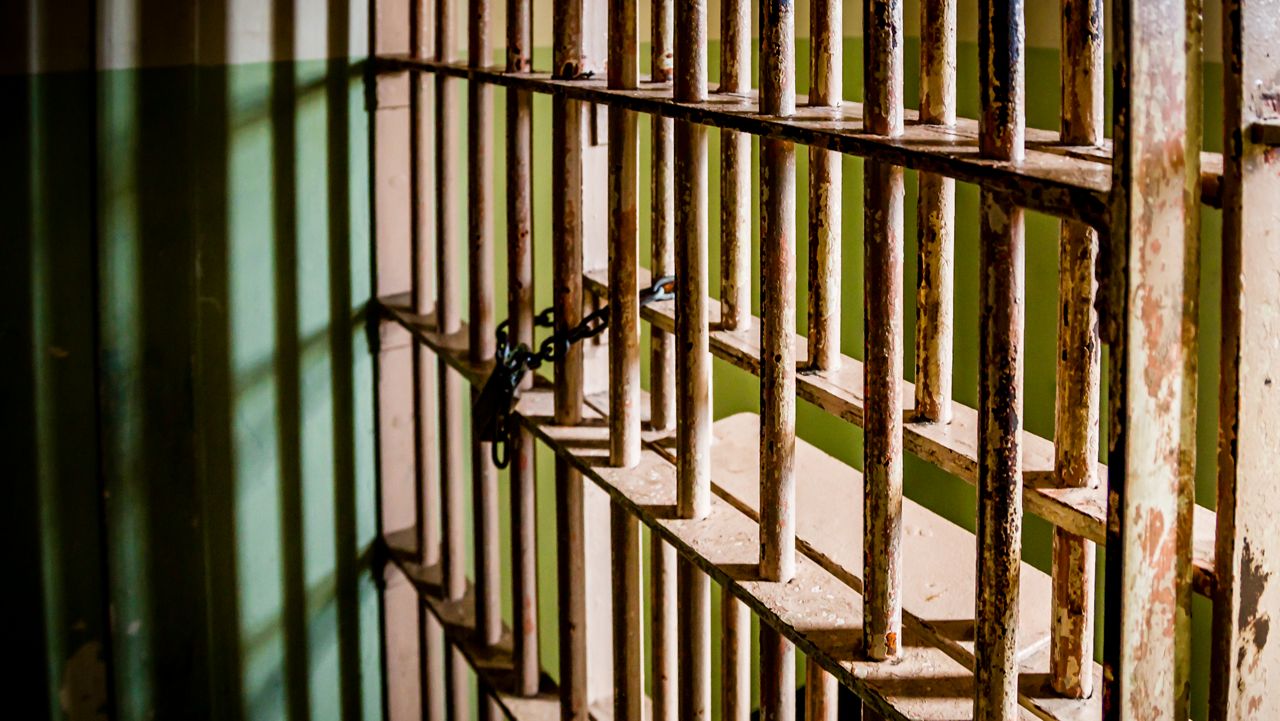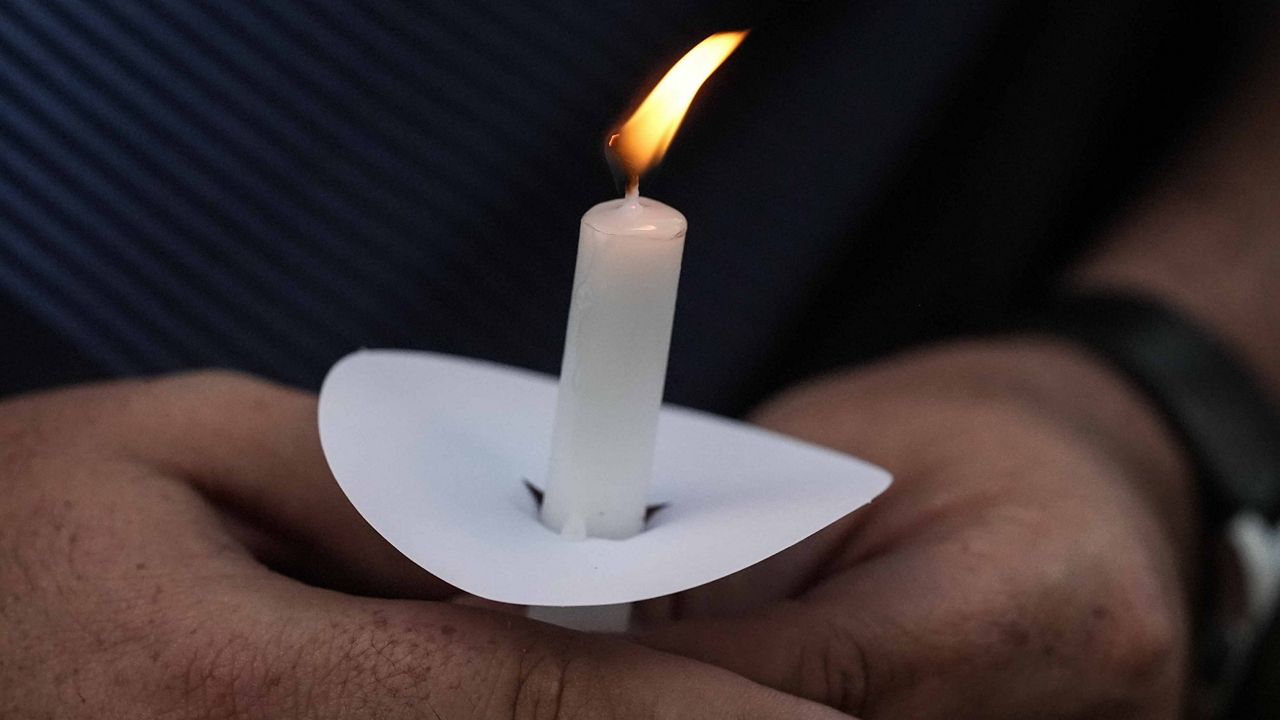DUBLIN, Ohio — Tariffs imposed by the Trump administration are making imports more expensive, and that’s sparking concern among Ohio businesses. The U.S. relies heavily on imported clothing and shoes, and that could mean higher prices for consumers.
What You Need To Know
- Tariffs are causing concern for local businesses like Boho 72 Boutique.
- According to economist Jonathan Ernest, a major shift back to domestic clothing production is unlikely
- Instead, consumers may feel the pinch, with potential changes in shopping habits and higher clothing prices
For Jamie Mollwitz, owner of Boho 72 Boutique in Dublin, the uncertainty is unsettling.
“Fear. None of us have a crystal ball, so unfortunately, we here’ve not been given enough information to really know how we’re going to change things,” she said.
Mollwitz, worries about the impact on her business, as she tried to navigate the changing landscape.
“I may have to find new, new brands. I don’t know,” she said.
While the tariffs are meant to bring manufacturing jobs back to the U.S., economist Jonathan Ernest doubts a major shift back to domestic clothing production.
“We just haven’t seen that sort of level of production in the U.S. for things like clothing in quite a long time because we found other countries have labor forces much more adept at that,” he said.
Instead, Ernest expects consumers to adapt by changing their shopping habits.
“Consumers might shift and say ‘Maybe I’ll try to make purchases that are for sure more quality goods that I can wear for a longer period of time,’” he said.
But Mollwitz worries if tariffs continue, customers will buy more essentials and cut back on discretionary spending, affecting her sales.
“Hopefully, we won’t get down the road to that point,” Mollwitz said. “I’m hoping, just hoping, that maybe this will go away.”
But despite the uncertainty, she remains hopeful for the future.
“My hope for the future would be that all of the small retailers, all the small business owners, are still here in the next five years,” she said. “And I think that’s going to be a big hope because I know it’s a struggle even without the tariff situation.”








